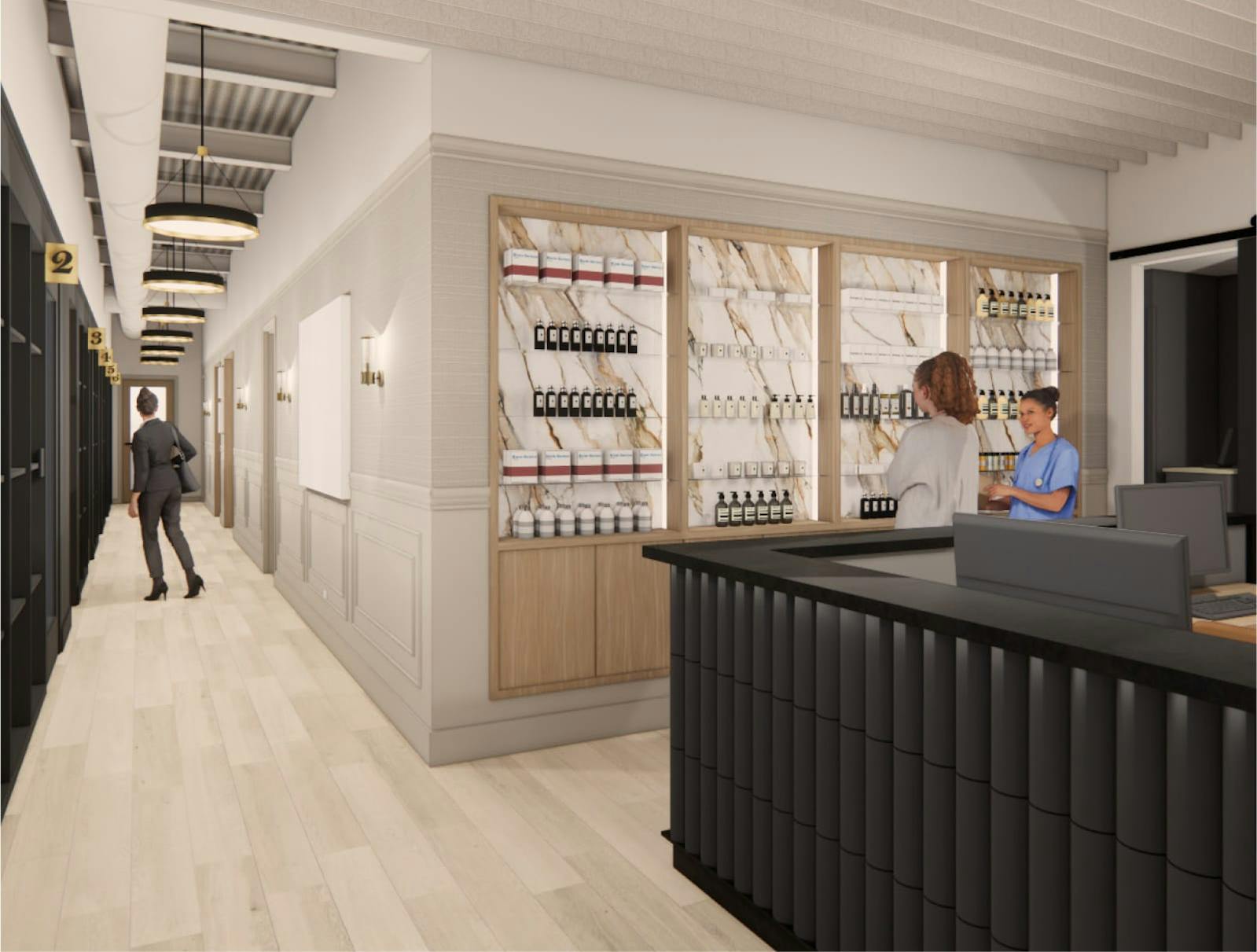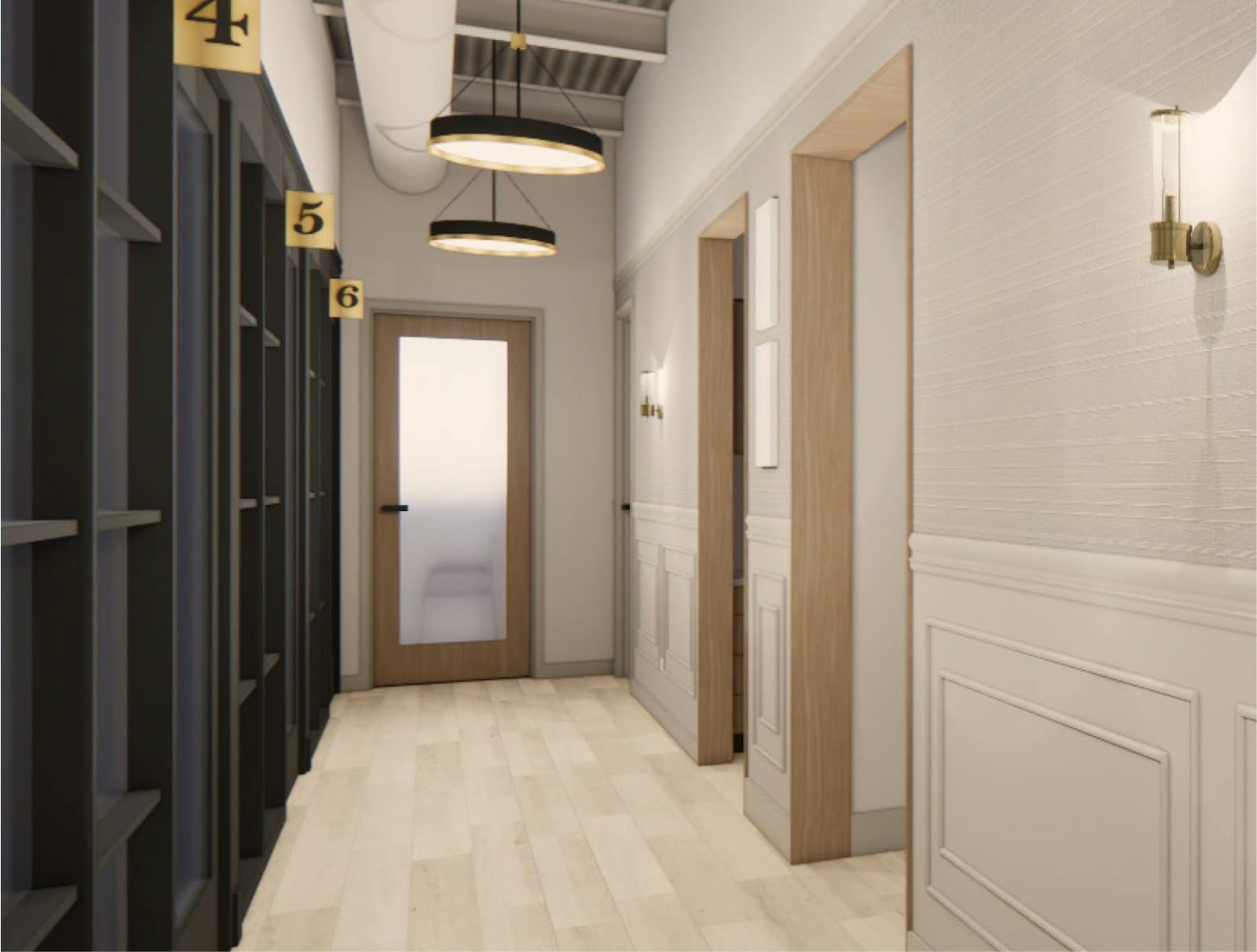Nerve compression can come about due to pressure or irritation to the nerves or surrounding tissues.
How Does Nerve Compression Happen?
Pressure on a nerve from the surrounding tissues, whether bone, cartilage, muscle, or tendons, will cause the nerve to produce the sensations of pain, tingling, or weakness. It can occur due to repetitive motions, the body being in a fixed position for a long period, such as seated, with legs crossed, or in an uncomfortable position during sleep. It can also occur during pregnancy, due to obesity, and some health disorders. A “pinched nerve,” or nerve compression, when lasting more than a few days, should be diagnosed, and treated.









